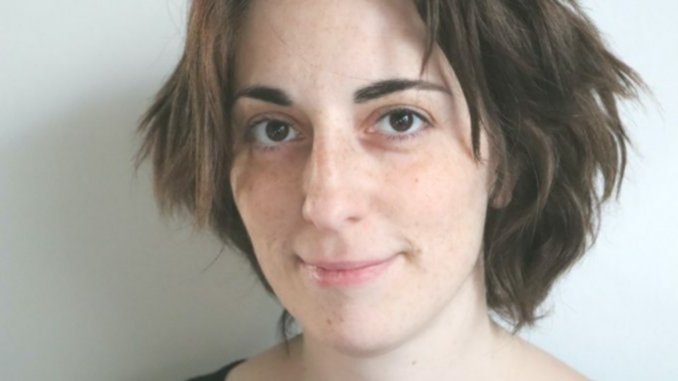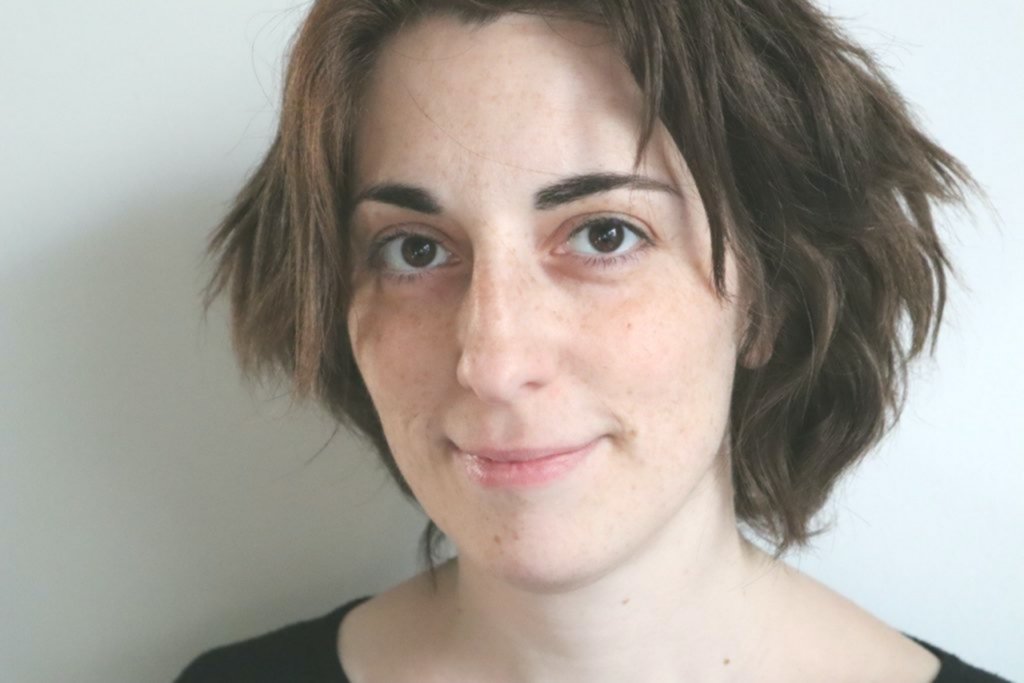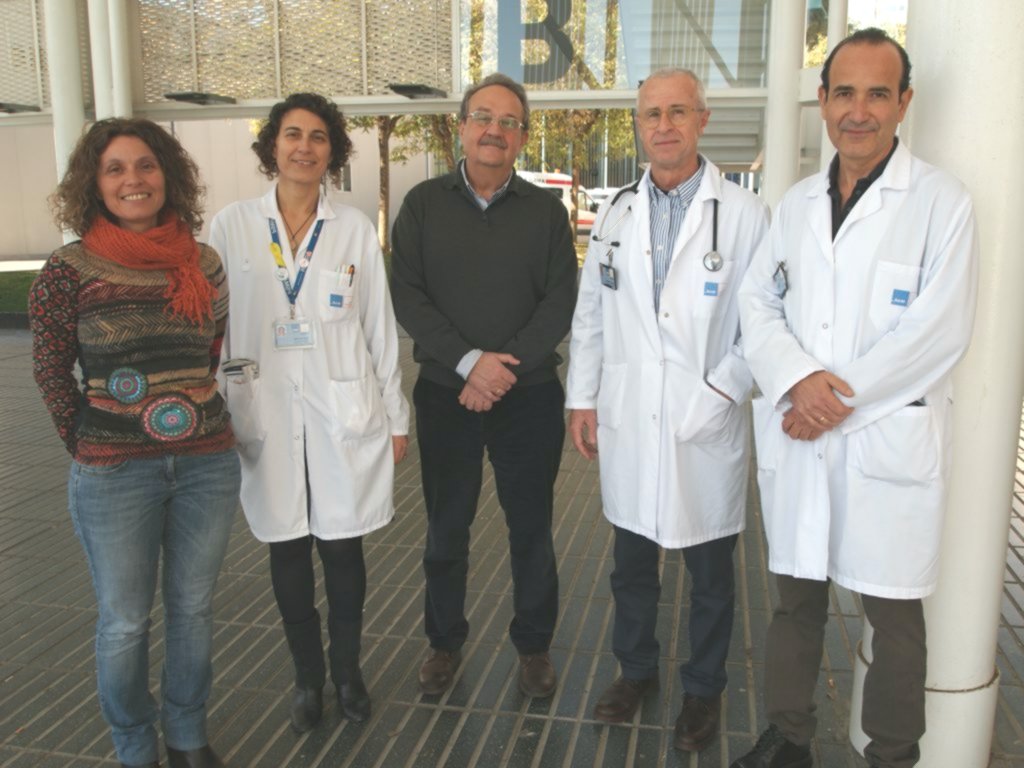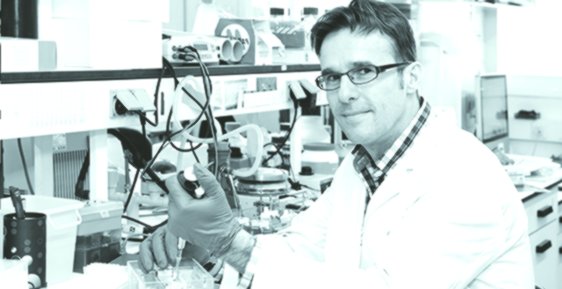
The breast cancer remains the tumor with the highest incidence worldwide and the most frequent among women. Fortunately, in recent years, the survival of people with this cancer has increased to 90% , thanks to prevention and detection programs and the development of new treatments.
The AECC and the commitment to breast cancer
One of the great commitments of the Spanish Association Against Cancer is, therefore, to support the different lines of research carried out by Spanish researchers . We are aware that only in this way will we continue to advance our knowledge of cancer.
For this reason, and on the occasion of World Breast Cancer Day, we want to share three of the latest projects that we are supporting .
Projects against breast cancer
Attacking cancer stem cells
In recent years, numerous studies have confirmed that tumor stem cells constitute the only truly immortal cell niche . This means that they have the capacity to multiply indefinitely and are capable of becoming any cell in the body.
The project of Dr. María Salazar, a researcher at the National Center for Oncological Research (CNIO) , focuses precisely on these cancer stem cells , and their ability to resist treatment and cause a relapse. .

What is this project about?
This is a project that brings a new and hopeful perspective to anti-tumor therapy , based on reducing the population of stem cells by manipulating a small molecule (microRNA) that regulates the functioning of genes. In this way, the tumor stem cell population could be directly attacked.
So far, Dr. Salazar’s team has worked with animal models; however, the results are very promising . Thus, in the first phases of the project, it was possible to stop the growth of tumors in almost one hundred percent of cases and even prevent their appearance. At the moment, it is hoped to be able to achieve sufficient strength in this treatment so that it can become applicable to cancer patients.
New therapies against more aggressive breast cancer
HER2 + breast cancer tends to be more aggressive than other types of breast cancer. Drugs called antibodies can be used to treat it (in combination with chemotherapy, radiation therapy, and surgery). However, although this treatment is usually satisfactory, it is not always effective.
Among the lines of research that we are supporting from the AECC, there are two projects involved in finding new ways and more effective therapies against this specific type of breast cancer.

One of them is that of Dr. Aura Muntasell , who, together with her team, has been able to predict whether or not a patient with HER2 + breast cancer will show resistance to treatment with antibodies through a simple blood test.
How does it work?
To do this, they have targeted some cells of the immune system called ‘killer cells’ (due to the way they work to defend our body’). What they have done has been to study the number of these cells and their state of senescence (‘aging’). As a result, they have observed that, if there is a high blood level of these cells, treatment with antibodies works worse.
Immunotherapy for HER2 breast cancer
The other great advance in research, which could have a future application for HER2 breast cancer patients, comes from the team of Dr. Joaquín Arribas, Director of Preclinical Research at the Vall d’Hebron Institute of Oncology.

His project has managed to develop a new therapy capable of identifying HER2 + breast cancer cells and destroying them without doing harm to healthy cells in the body. This was one of the most important challenges that immunotherapy had to face: getting the immune system to attack only the tumor cells.
Advances in personalized medicine
Now, thanks to this research, it seems that a further step has been taken and, although the work focuses on this specific type of cancer, it could eventually improve immunological therapies applied to other tumors.
Without a doubt, they are important news in personalized medicine , since they allow progress in more effective treatments for patients with breast cancer. The next challenge will be to get them applied as soon as possible.